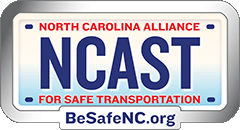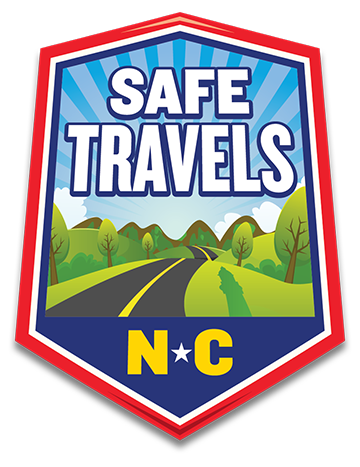We ❤️ Safety!
Every month is safety month here, but February is special.
That’s when we hold our annual Sweethearts of Safety event to honor people putting their time, talents and efforts toward making this a safer state.
The event is Feb. 12 in Raleigh. Get your tickets. The lunch is good, the location is beautiful and it’s a nice event.
Meanwhile: We’ve got an interview with a national expert on self-driving cars, tips for using a trailer and a way you can help make Western North Carolina safer.
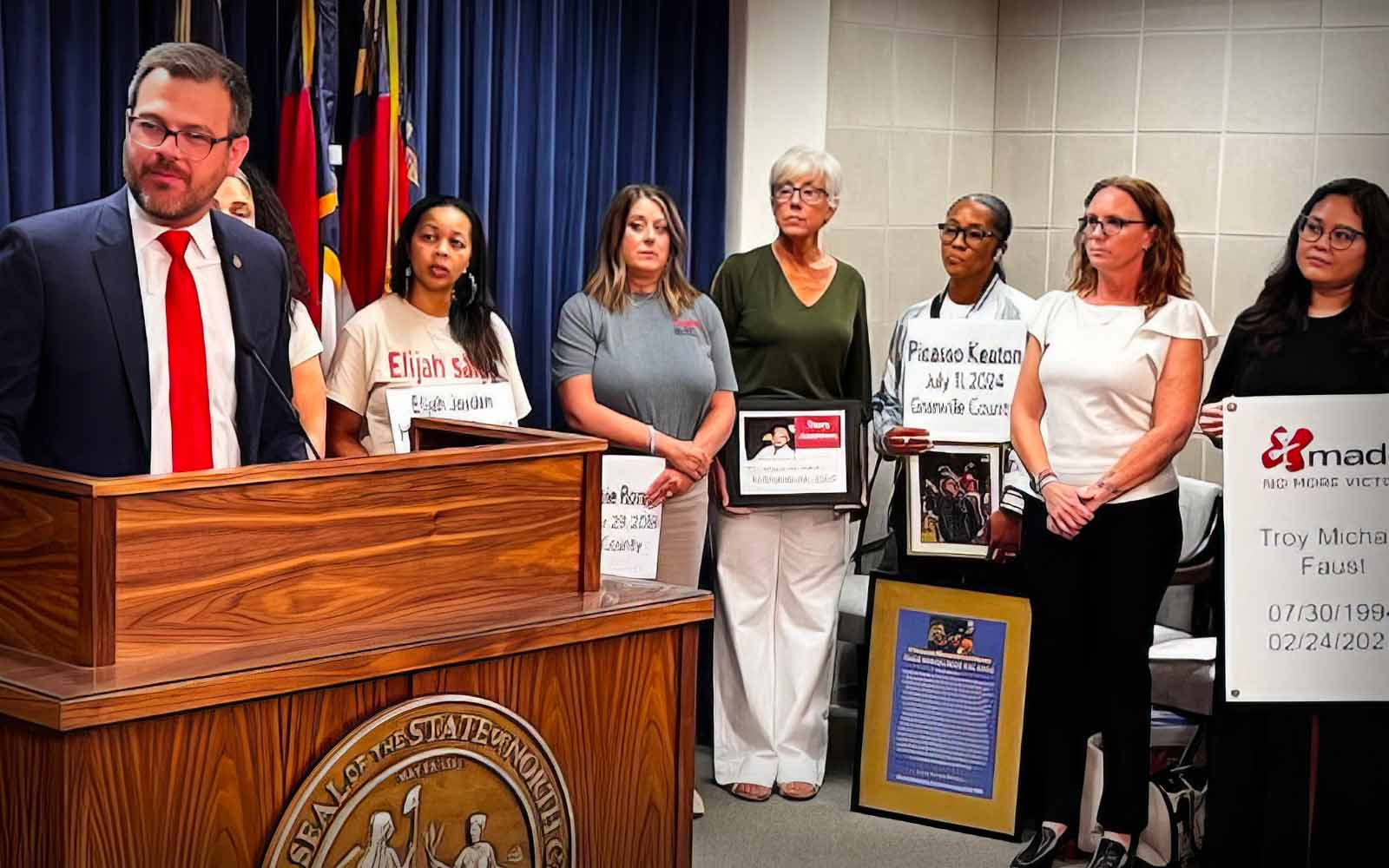
State Rep. Mike Schietzelt speaking in support of North Carolina mothers who have lost children in vehicle crashes.
There are 11 Sweethearts of Safety winners this year, but only one of their names rhymes with seatbelt.
“My wife came up with that when we were first talking about getting married,” said state Rep. Mike Schietzelt, an attorney and northern Wake County member of the North Carolina House with a name that’s hard to pronounce, until you know the trick
“I always used some convoluted - ‘Let’s talk about each syllable,’” Schietzelt said. “My wife is the one with the common sense in the family.”
Schietzelt is being humble. She’s not the only one.
Schietzelt is a 2026 Sweethearts of Safety Award winner, largely because he helped shepherd legislation into North Carolina law that lets people charged with impaired driving install an ignition interlock device instead of losing their license.
Those devices measure blood alcohol levels and disable the vehicle without a clean reading. Drivers facing DWI charges who agree to use one can keep driving between their arrest and court date, which lets them keep working.
The bill had strong support, including from Mothers Against Drunk Driving, and Schietzelt and other lawmakers gave it a vocal push through a process that can be convoluted.
The NC Alliance for Safe Transportation will honor six state lawmakers, four other difference makers and an influential advocacy group during our third annual Sweethearts of Safety luncheon Feb. 12 in Raleigh. As of this writing, some tickets and sponsorships are still available.
Winners are listed below, and you’ll hear more about them in future newsletters!
But, again, Schietzelt’s name rhymes with seatbelt. About 90% of people wear seatbelts, yet 40% of the people killed in car crashes weren’t wearing one. Seatbelts work. This is the right way to wear one, and you might be surprised how often people get it wrong.
“Saving lives is ultimately the goal,” Schietzelt said. “Keeping people safe while aligning incentives.”
That’s the philosophy behind the ignition interlock bill, and the idea behind new legislation Schietzelt plans to run later this year.
This measure would see GPS-enabled governors installed on people’s vehicles to cap their speed if they’re at risk of losing their license due to speeding in a school or construction zone.
“If we can use modern technology that caps your speed and allow you to stay out of the criminal justice system, maintain your license, continue to go to work while still holding you accountable … I think that’s good policy,” Schietzelt said.

The NC Alliance for Safe Transportation is PROUD to announce winners of our 2026 Sweethearts of Safety Awards. These North Carolinians are making a difference toward this organization’s only goal: Making it safer for everyone to travel in North Carolina.
Law Enforcement Officers of the Year

Among their many efforts, these NC State Highway Patrol troopers give time each month to NCAST’s ‘Ask a Trooper’ feature, answering safe driving questions submitted by young people around the state.
Legislators of the Year
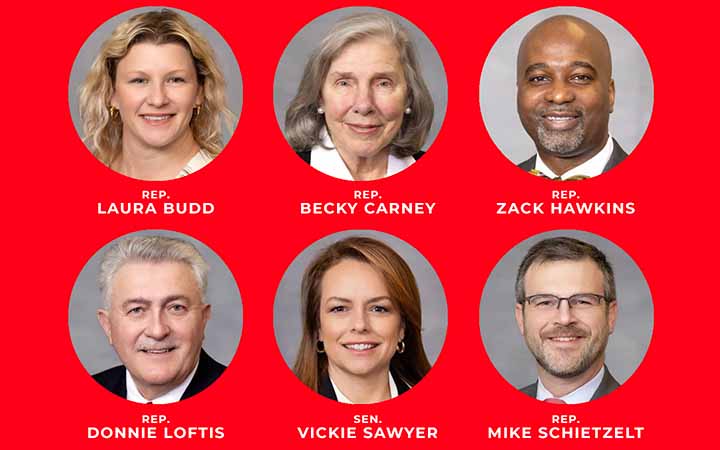
This bipartisan group of lawmakers worked on key safety initiatives during the 2025 North Carolina General Assembly session. Time is precious in our part-time legislature, and we appreciate theirs.
The Mark Ezzell Award for Traffic Safety
Advocates of the Year

Ike Avery and Sarah Garner are members of the North Carolina Conference of District Attorneys’ Traffic Safety Program, and they work with district attorneys across the state to prosecute impaired drivers by providing training and technical assistance. The award is named for its inaugural winner, Mark Ezzell, director of the North Carolina Governor's Highway Safety Program, who shared these thoughts on this year’s winners:
“Ike’s steady, considered legal advice has been the last word on impaired driving law for decades. At both the Attorney General’s office and as the NC Conference of District Attorneys Traffic Safety Czar, he has advised governors, legislators, highway safety offices and others. He’s had his quiet fingerprints on some of NC’s most impactful impaired driving legislation of the past 30 years.
“Sarah Garner’s style is different from Ike’s, but with similar impact. She has personally trained thousands of law enforcement officers, prosecutors, and judges in North Carolina and beyond, with trademark high energy. I can’t go to a national conference without someone raving about how one of Sarah’s trainings impacted their professional career.”
Advocacy Organization of the Year
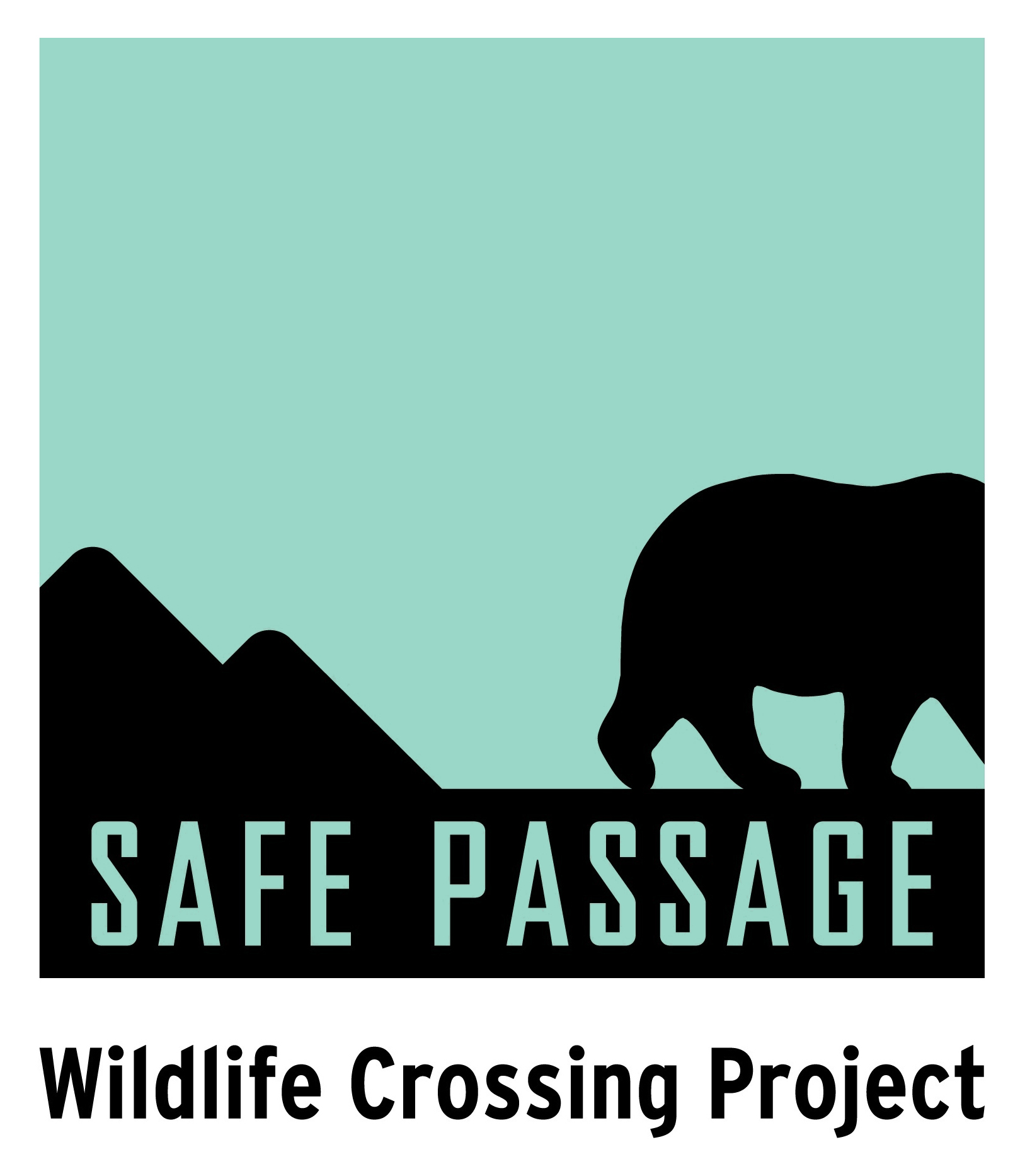
Safe Passage brings together a wide range of groups to reduce wildlife–vehicle collisions and support safer driving conditions. The coalition finds common-sense, collaborative solutions to prevent animal strikes that are too often deadly, not just for deer, elk, bear and other animals, but for drivers and passengers.
The 2026 Sweethearts of Safety Award
event sponsors are:
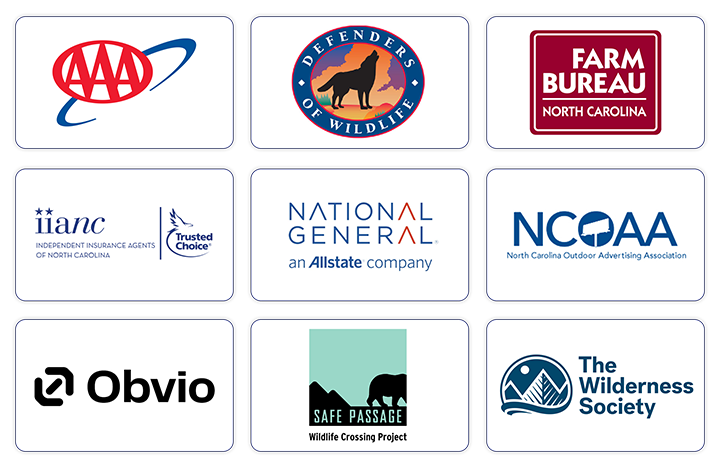
We thank these organizations for their support and congratulate our 2026 winners!
Bryan Reimer • MIT
This month we went in depth with Bryan Reimer of the MIT Center for Transportation and Logistics and the MIT AgeLab. He’s the author of a new book: How to Make AI Useful.
We talked about self-driving cars - what they can do, what they can’t, and what they’ll look like a generation from now. Give it a listen!
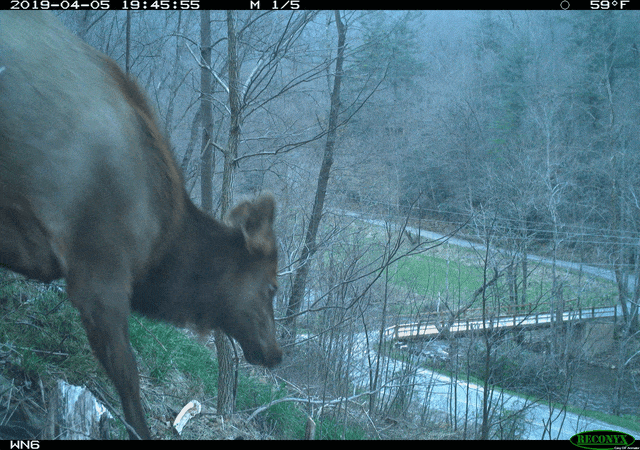
Safe Passage is working hard on wildlife crossings at key locations around the state, and particularly in Western North Carolina, where critters and drivers all too often cross paths, and where highway crews are already rebuilding roads decimated by Hurricane Helene.
Safe Passage increases public awareness about improved connectivity for animals to reduce wildlife–vehicle collisions and support safer driving conditions. The coalition finds collaborative solutions through active participation from regional and community stakeholders.
So much of that work comes down to educating. The coalition placed motion-sensitive cameras along highways to show the sorts of animals that motorists may encounter and document safer routes beneath roadways or directed by fencing.
These elk passed by trail cameras near White Oak Road and Jonathan Creek in Haywood County, North Carolina. A bull elk can weigh 800 pounds! If you hit one, the animal isn't the only one at risk. At this location, NCDOT recently replaced and added wildlife movement features to help encourage elk to take a safer route under an interstate bridge.
Safe crossings save lives. Want to help? Start by taking this Safe Passage pledge and promise to slow down, stop for wildlife, and never throw food out your window that might draw an animal to the roadside.
And please ask your representatives in the North Carolina General Assembly (find their contact information here) to fund wildlife crossings in Western North Carolina. Millions are on the line right now in a stalled NC budget bill.
This message is proudly brought you to by

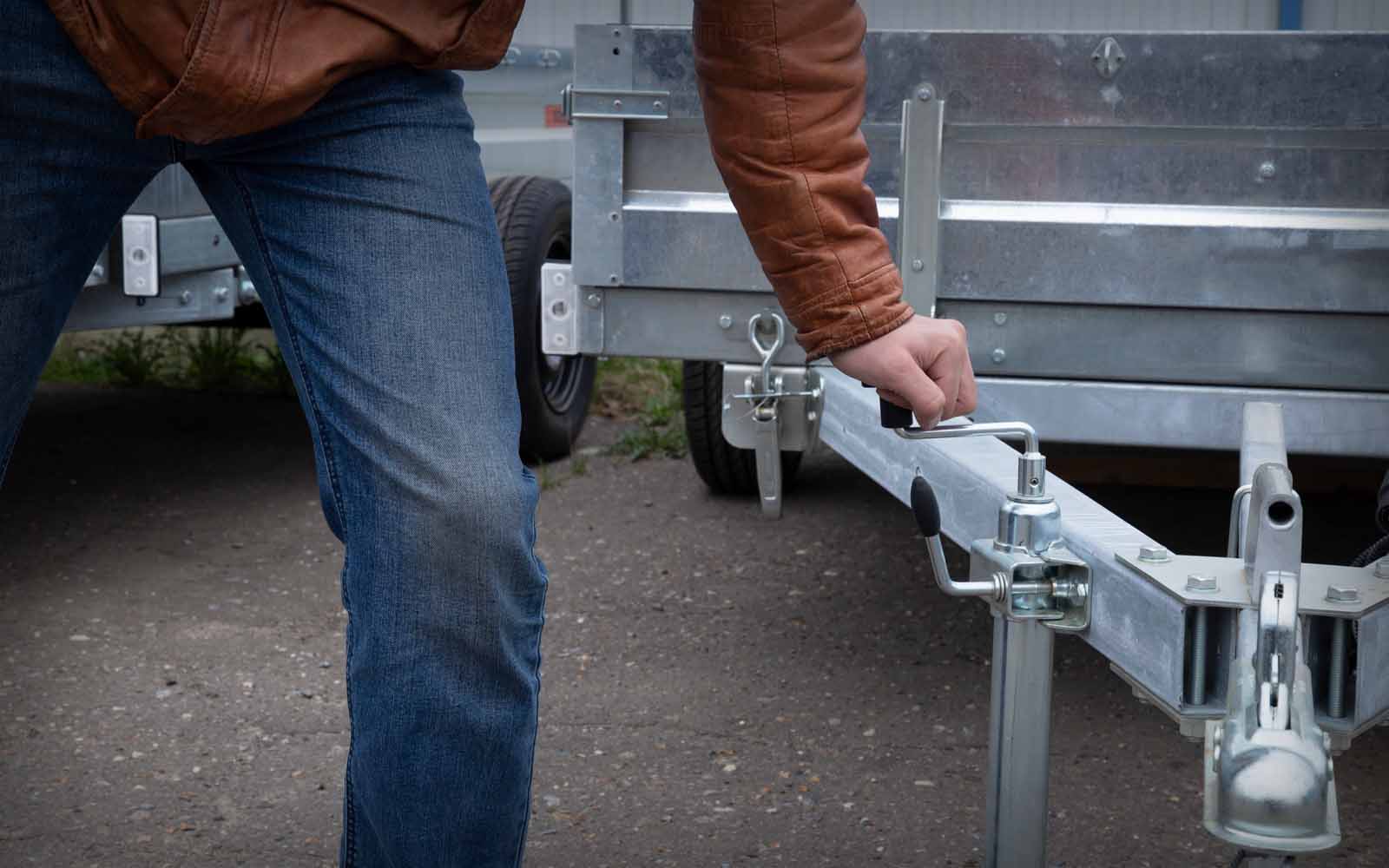
The time to learn to use a trailer is before you need to use a trailer, so take these tips from NC Cooperative Extension to heart before you leave the driveway. A good pre-trip inspection, proper loading and careful attention to lights, brakes and safety chains will keep everyone safer.
-
Check your connections: Inspect your hitch, coupler and safety chains for secure attachment, rust and damage. Make sure you’re using the correct hitch ball and that your safety chains are crossed beneath the tongue of the trailer.
-
Load smart: You want about 60% of the weight in the trailer's front half, so load heavier items first and closer to your vehicle. Remember: Poorly distributed loads are harder to control on the highway.
-
Test brakes, lights & tires: Confirm the trailer brakes work, and check your tire pressure before every trip - especially if it’s been a while since you used the trailer.
For more tips, and a detailed explanation of state and federal hauling laws for farmers and for others, check out the North Carolina Farm Bureau’s Haulin’ Ag guide.
This message is proudly brought you to by
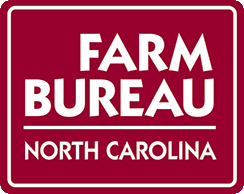
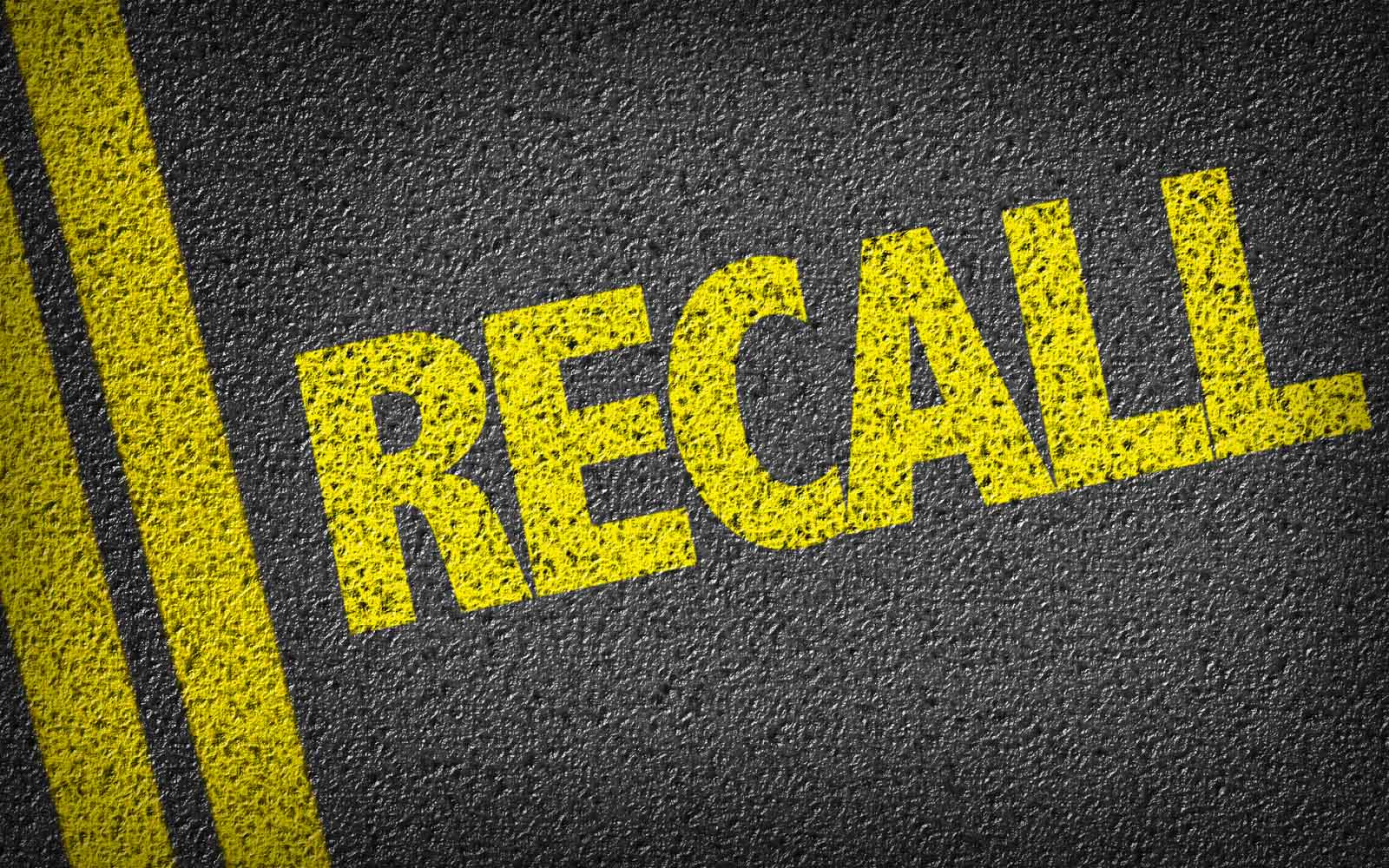
There are 57 million vehicles on U.S. roadways right now with an open recall, according to the National Safety Council.
Is yours one of them? You can check quickly, and for free, by typing in your license plate or VIN at CheckToProtect.org.
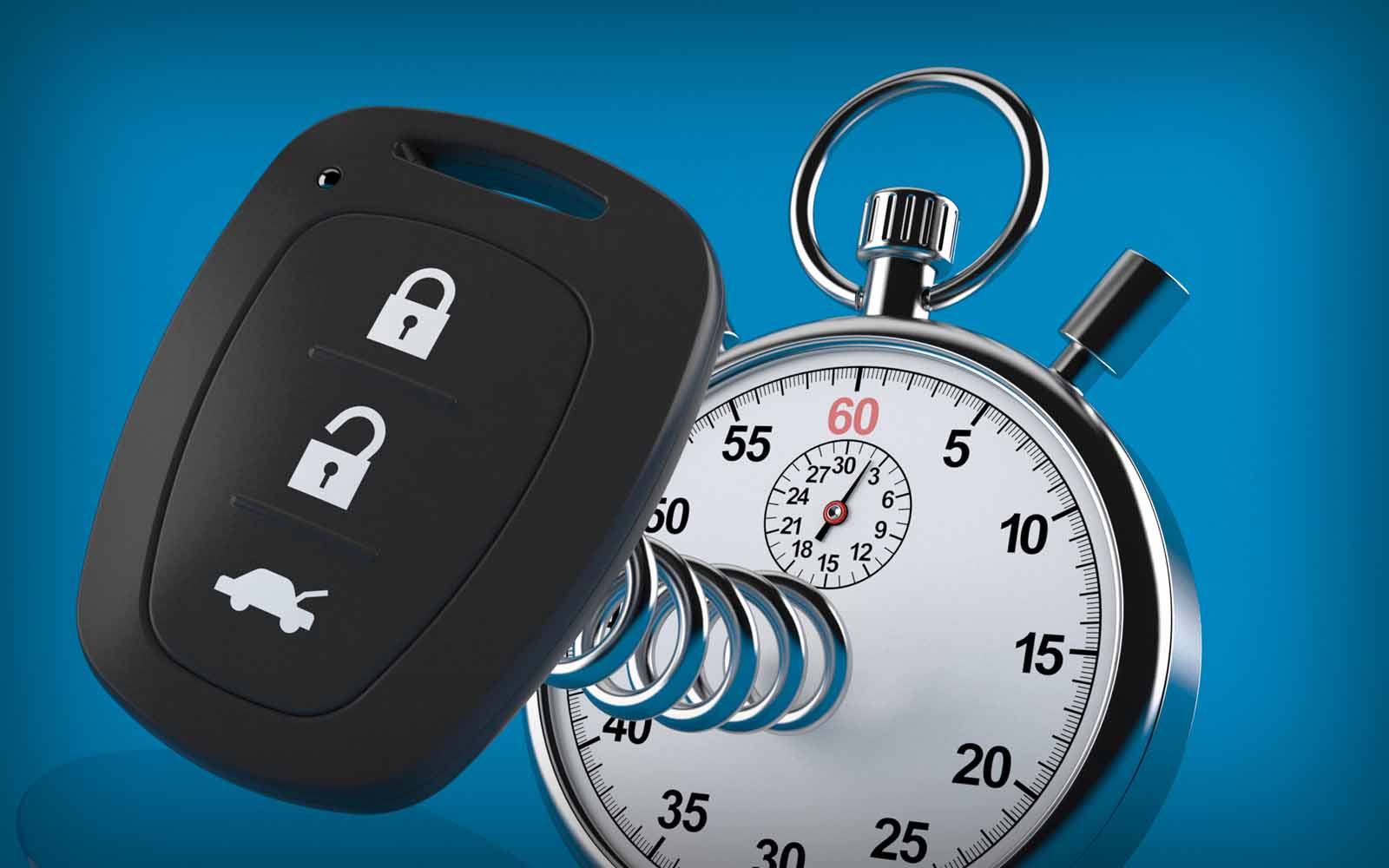
It just doesn’t take long to be safe. Before you get impatient, break down what you’re actually being asked to do behind the wheel.
3 seconds: Put on your seatbelt. Every time. Nine out of 10 people wear their seatbelts, yet more than 40% of people who die in crashes weren’t wearing one. Read that again. Seatbelts work.
49 seconds: That’s how much longer your trip would take if you cut your speed from 65 mph to 45 mph for the entirety of a 2-mile work zone.
2 minutes: If you come up behind a farm vehicle that’s going 20 mph, how long does it cost you to slow down? Well, if you cut your speed from 65 mph to 20 mph for 1 mile, that delays you 2 minutes.

In the News
One Last Thing…
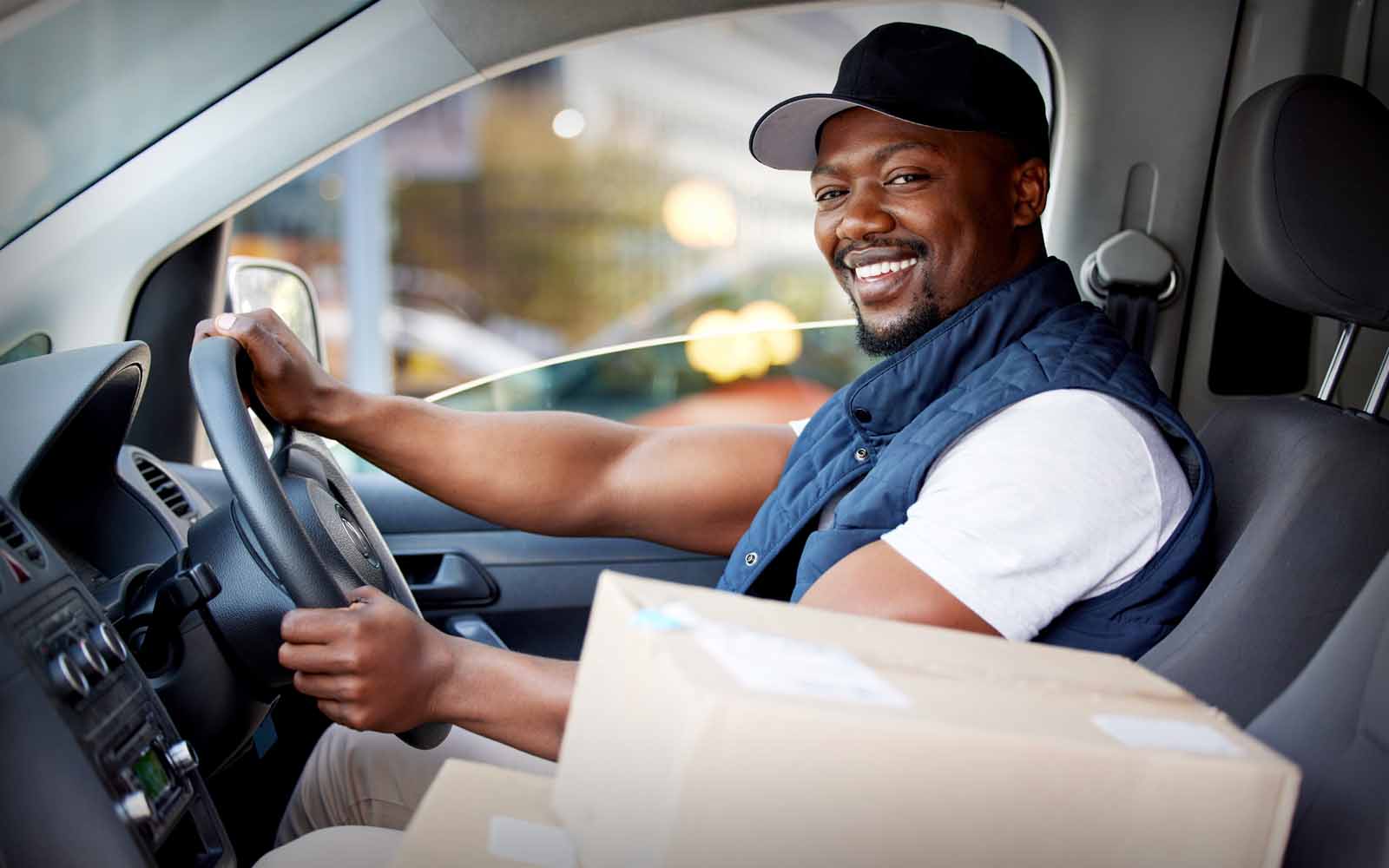
If your employees drive as part of their jobs, this post is for you.
Our Driving Concern is a federal program that provides safe driving materials for free.
You can browse North Carolina specific workplace posters, factsheets, graphics, training videos, tip sheets and more.
You’ll also find resources designed to help young drivers stay safe behind the wheel and free micro-learning courses that tackle stress management, drowsy driving, distracted driving, aggressive driving and a wide range of other important topics.
